At the request of the Japanese government, the IAEA has been carrying out a series of investigations since 2014 comparing analyses by Japanese and international laboratories to ensure the reliability and transparency of Japan’s seawater monitoring. The report is part of a follow-up of another report in FY13 on the progress of decommissioning at Fukushima Daiichi.
In 2022, to promote further transparency, experts from analysis centers in South Korea and Finland were added as independent third parties to the expert team from the IAEA’s Marine Environment Laboratory (IAEA-MEL) in Monaco. They participated in the review mission from November 7 to 14.
According to the December 11 report, samples collected from seawater, marine sediment, and several species of fish from Fukushima coastal waters were homogenized and sent to 11 Japanese institutions, IAEA-MEL and analysis centers in third-party countries.
The IAEA then consolidated and evaluated the results. After comparing the levels of radioactive nuclides in the samples and finding no significant differences among most of them, the Agency concluded that they represented a high level of work and that the results demonstrated “a continued high level of accuracy and competence” on the part of the Japan’s laboratories.
Since 2022, comparative investigations of samples—part of the review of the safety of water treated by the Advanced Liquid Processing System (ALPS) at Fukushima Daiichi—have been carried out at institutions carrying out analyses according to a memorandum of understanding (MOU) between the IAEA and the Japanese government. The results will be published separately.
Last year, IAEA-MEL staff conducted additional investigations from October 16 to 23, joined by experts from Canada, China and South Korea, all of whom were appointed by the IAEA.




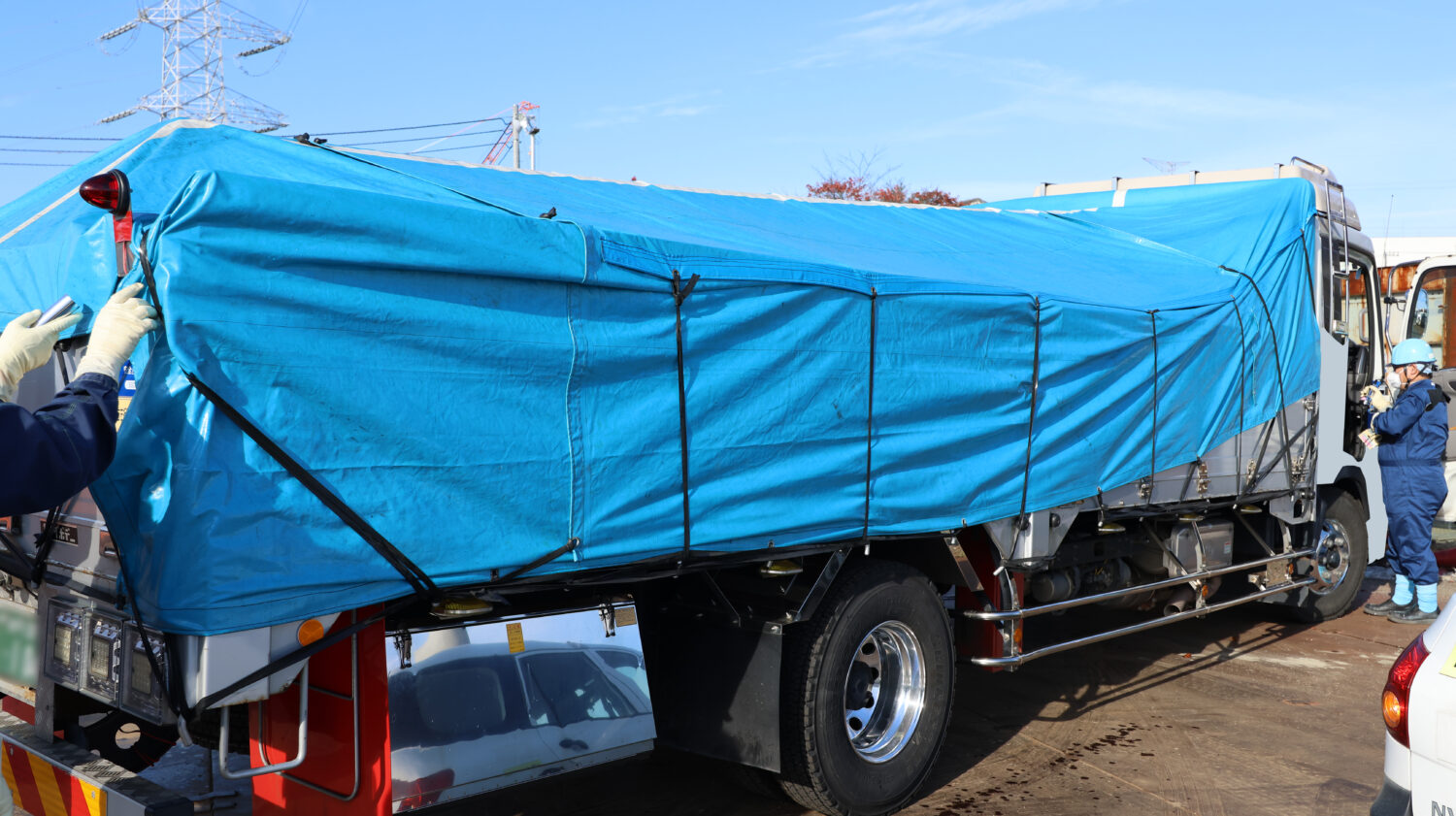
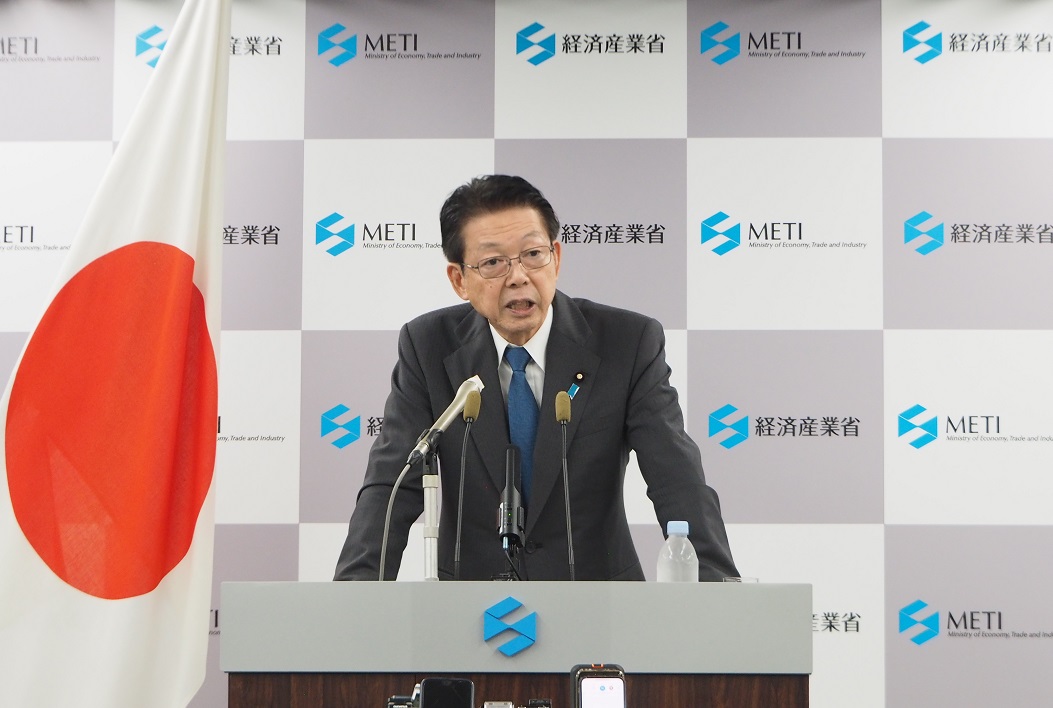
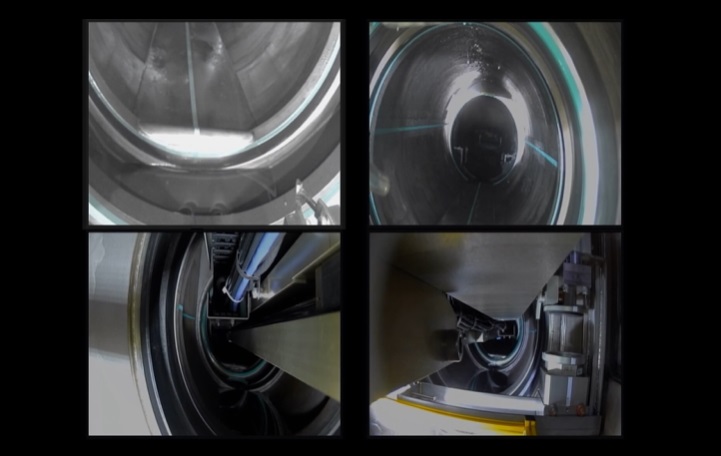
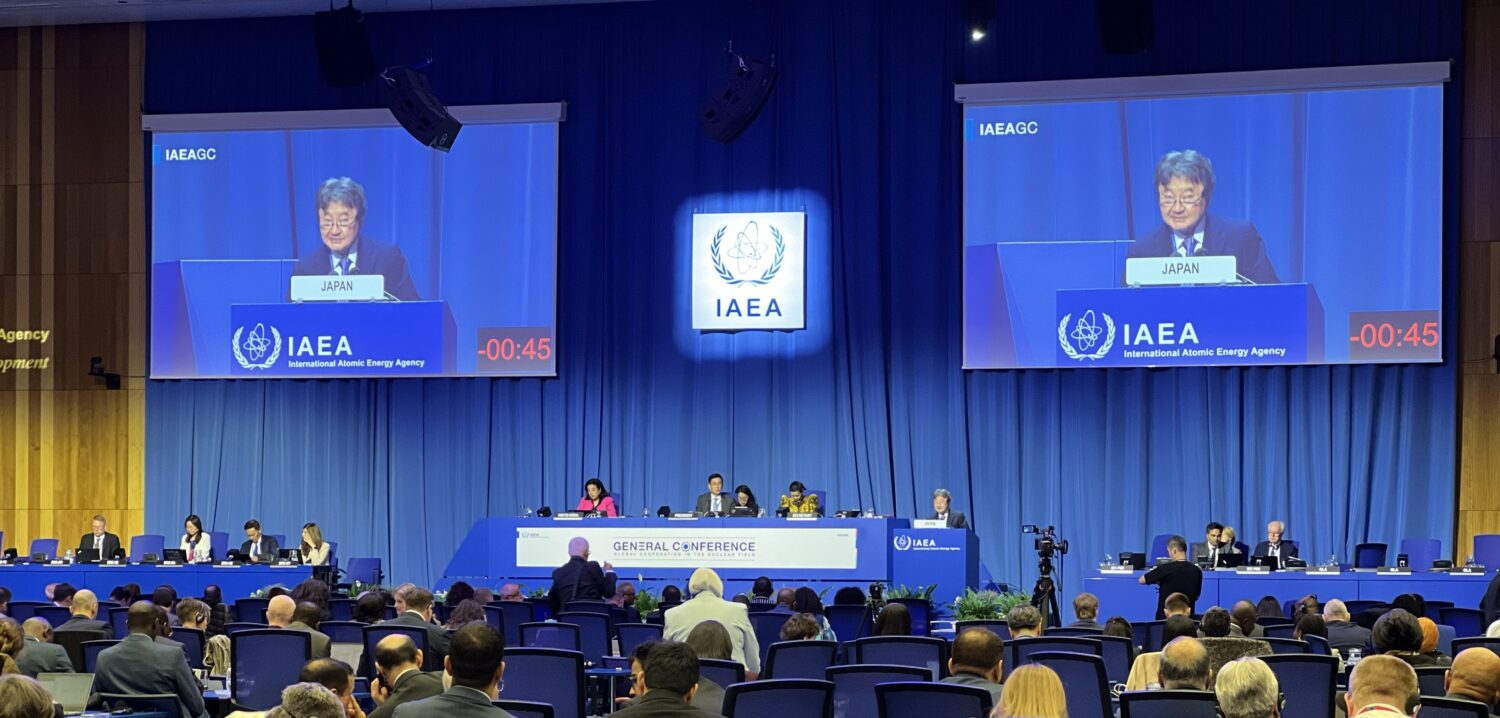
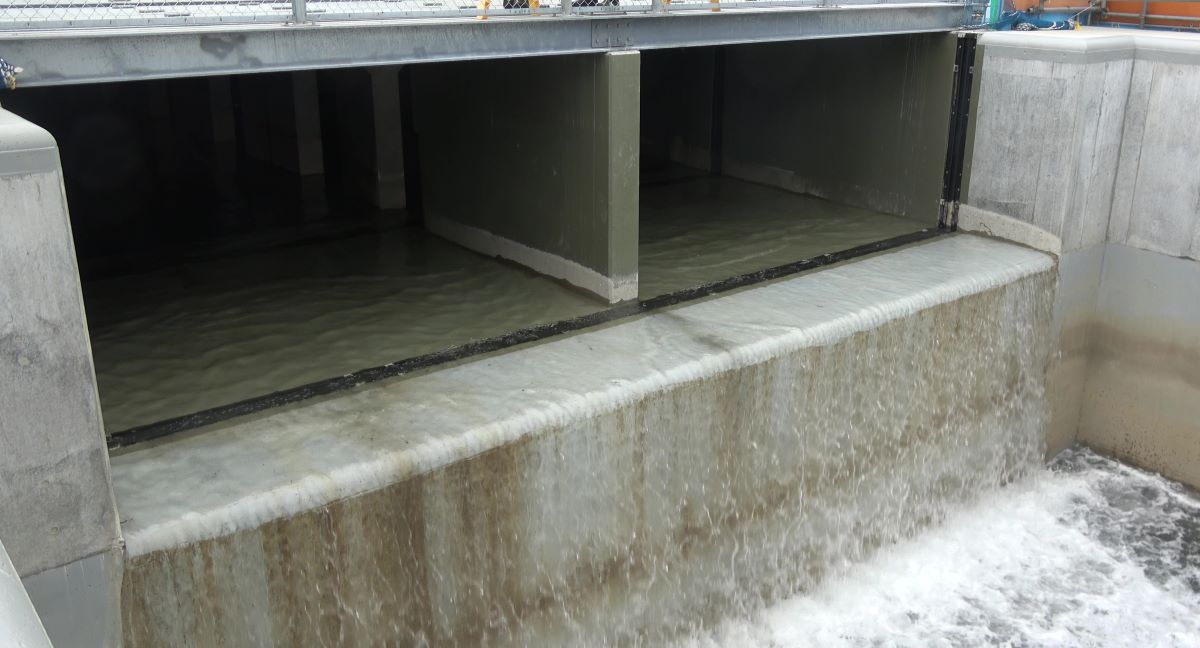
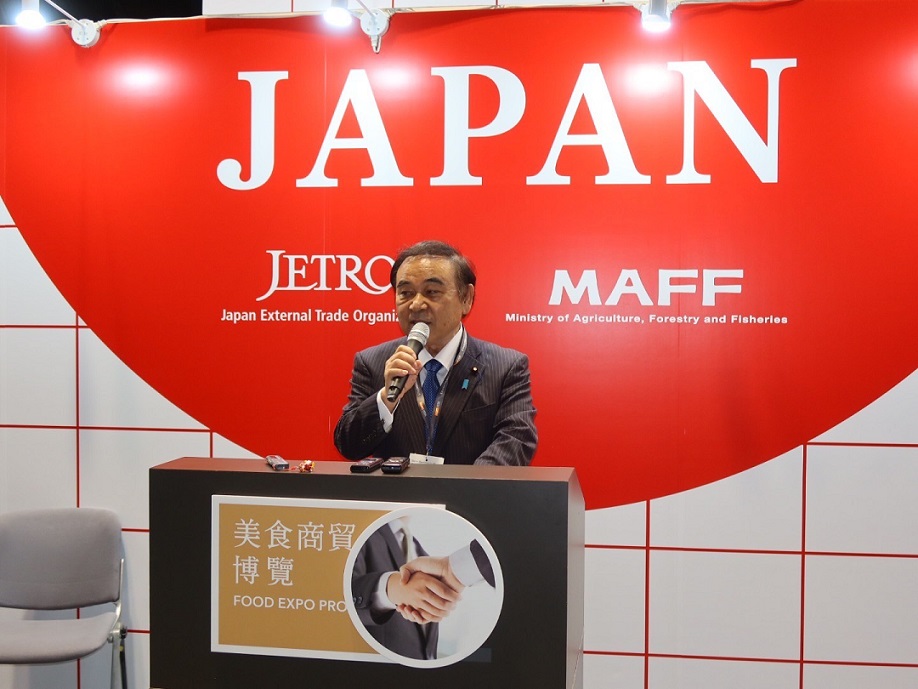
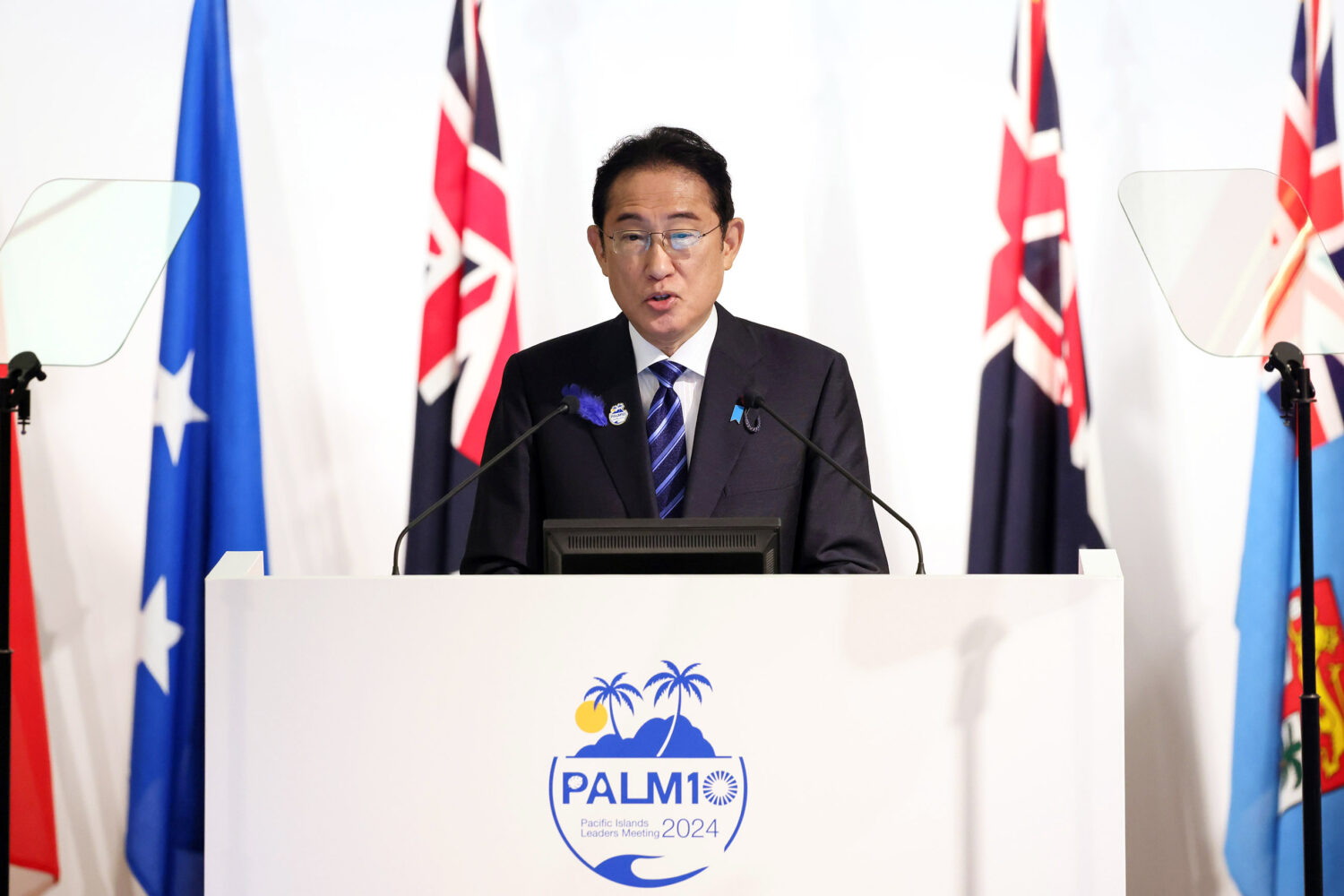

-1.png)

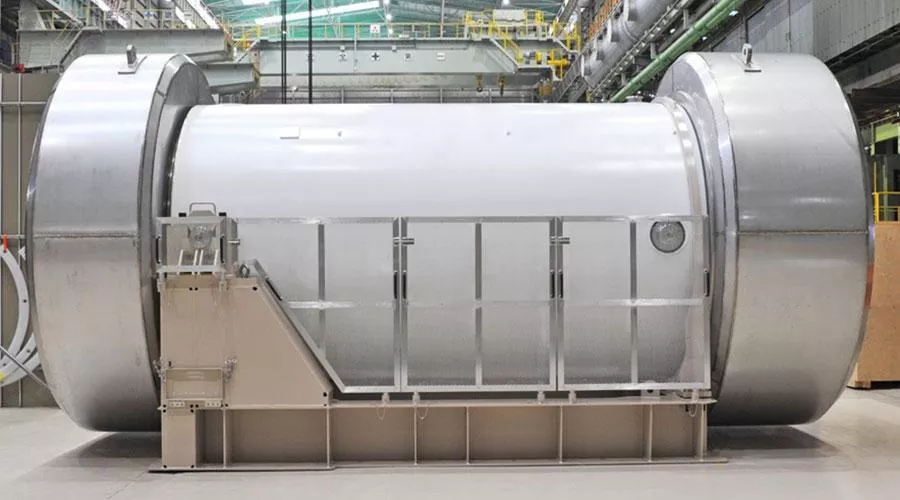
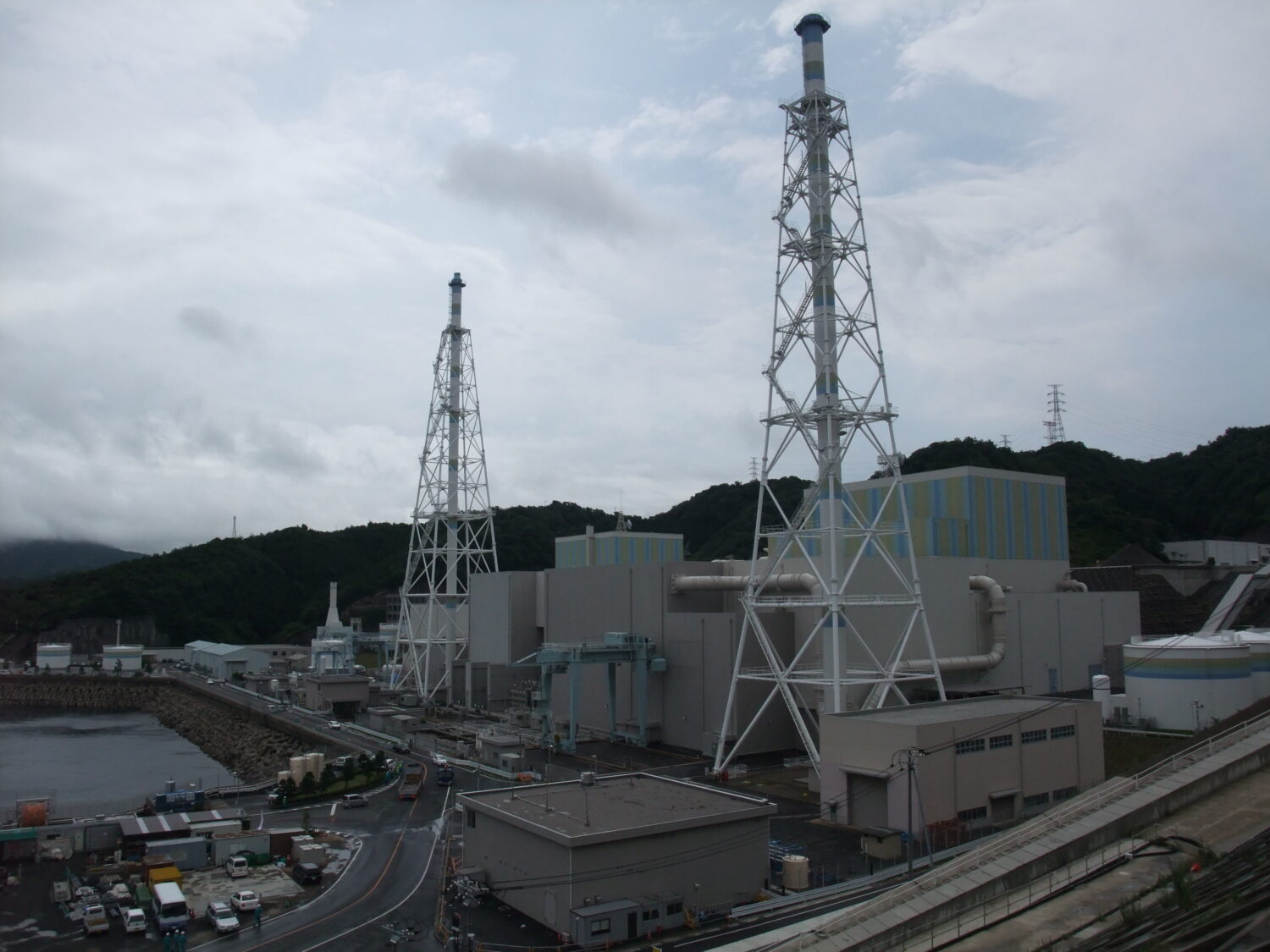

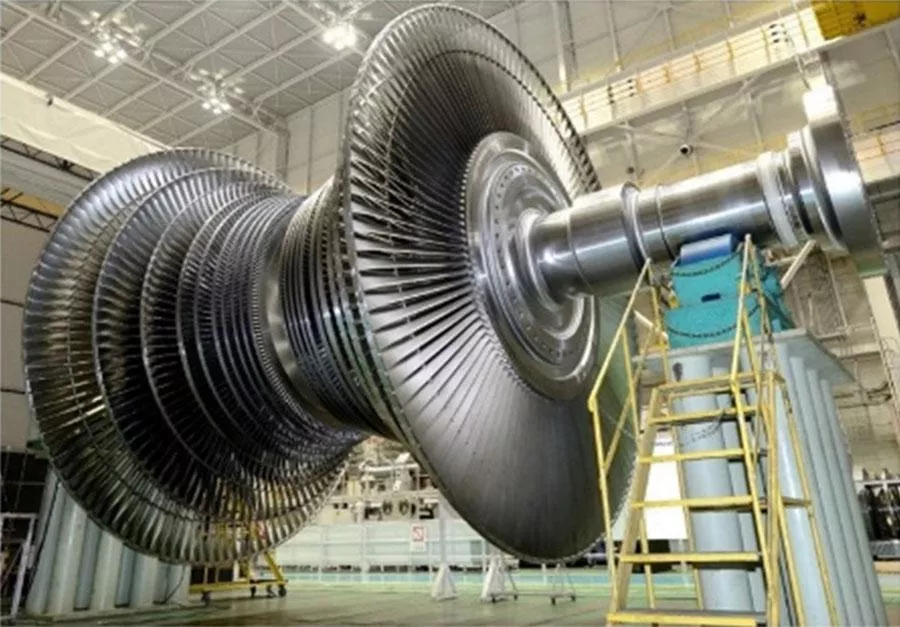

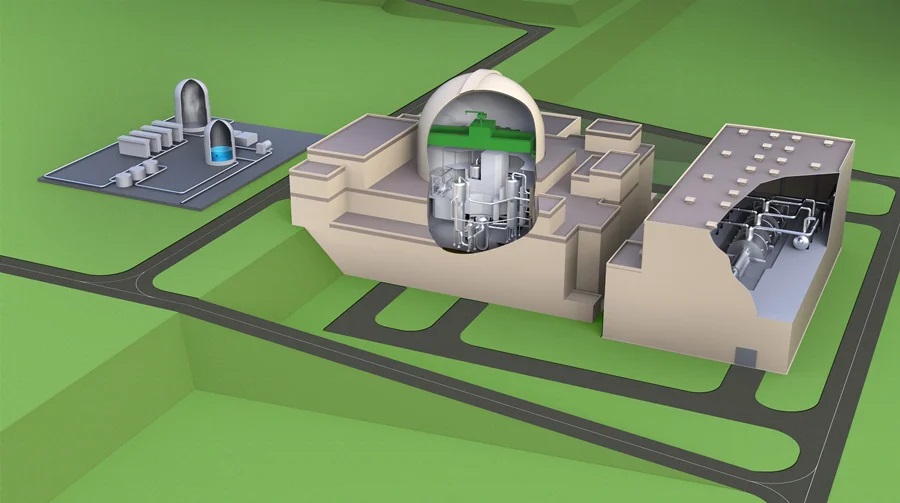
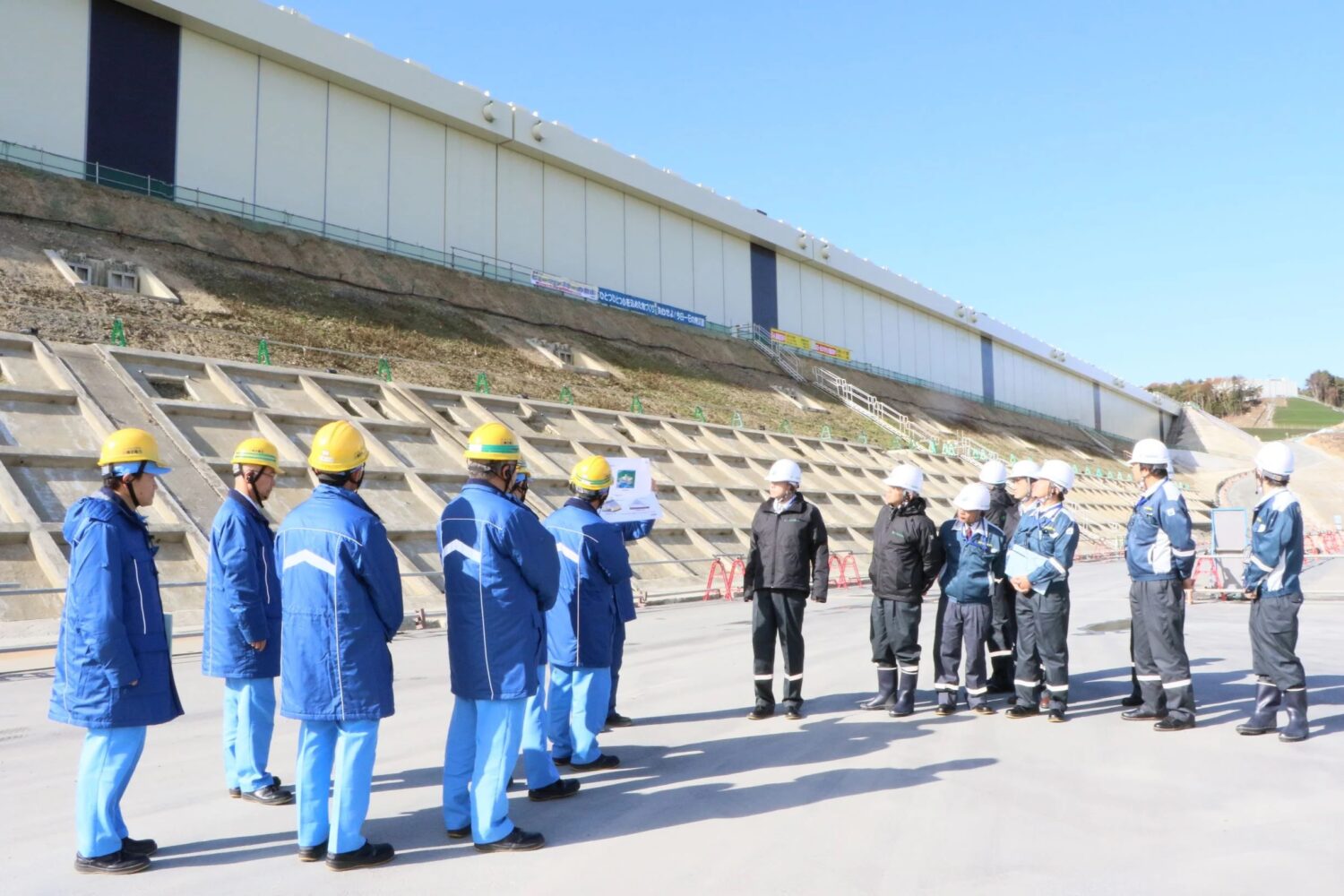
.jpg)
